Passion and Precision: A Balancing Game by Wyatt Bessing
My wife sometimes accuses me of going to extremes. In the car, the heater is either on full blast or the AC is icy. I can be a bouncing Tigger one minute, a solemn and quiet Eeyore the next. When writing I’m the same way, methodical and slow in outlining, then writing with abandon, not stopping or thinking or even coming up to breathe.




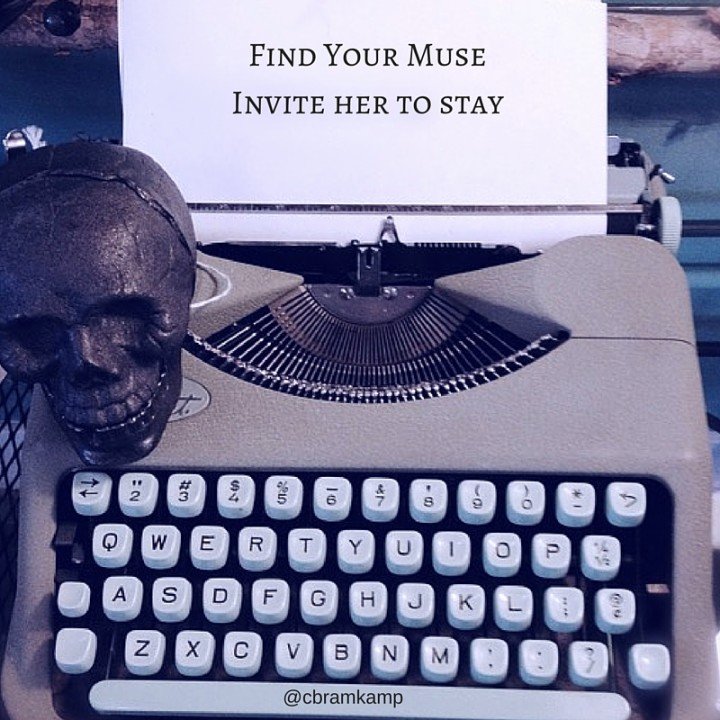
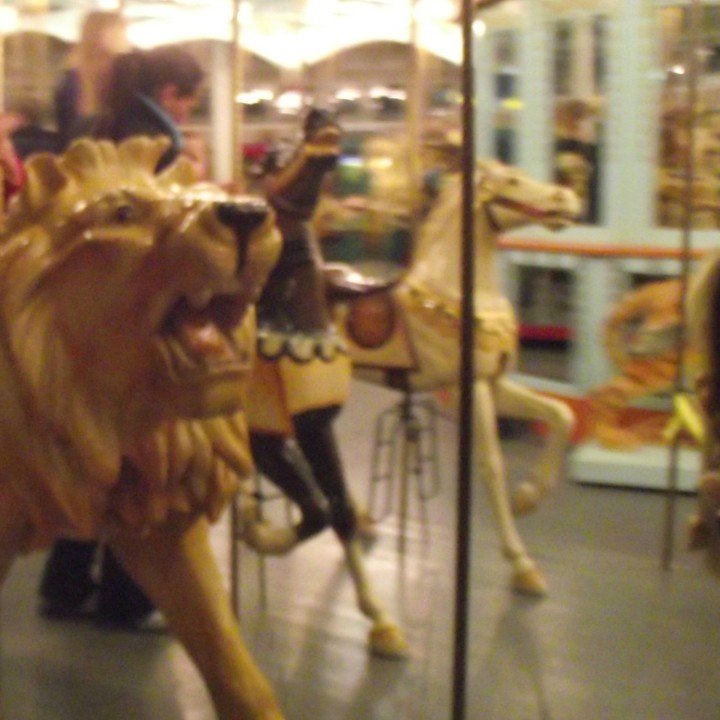
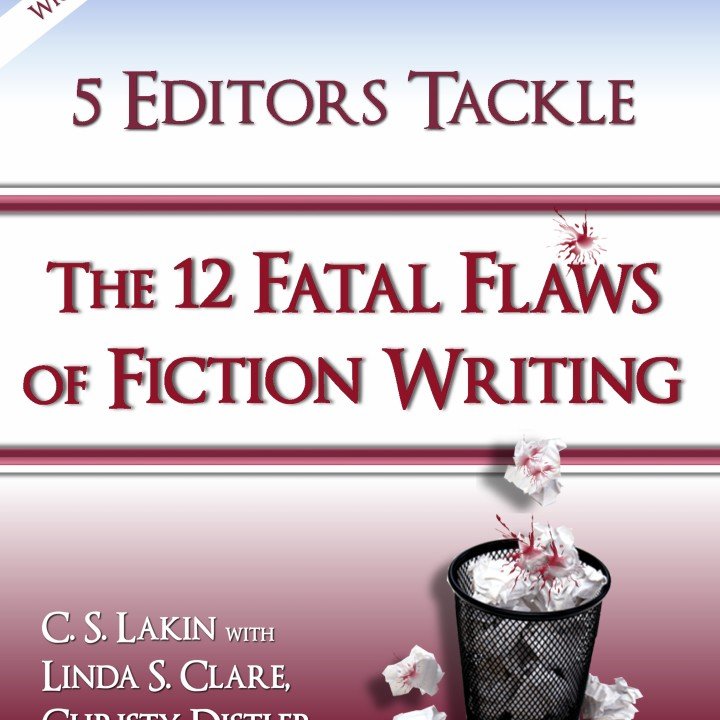


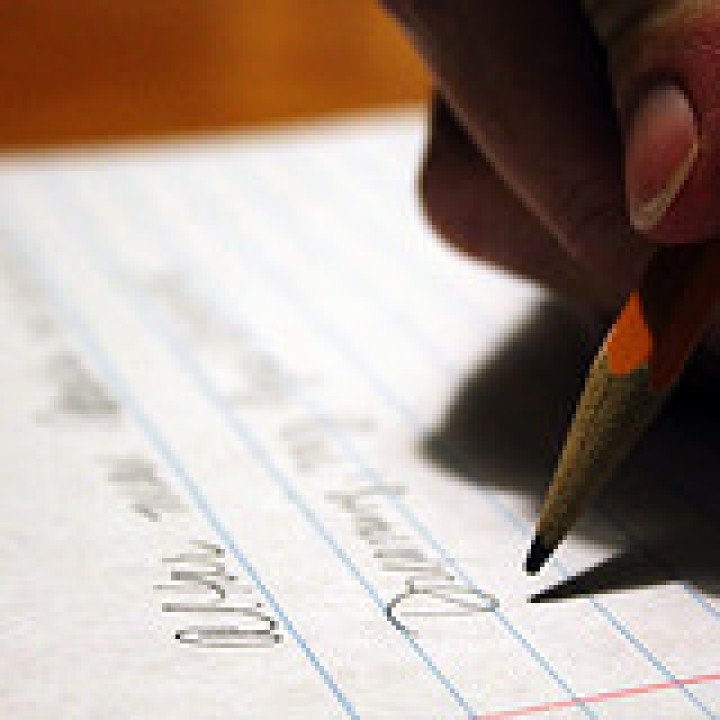


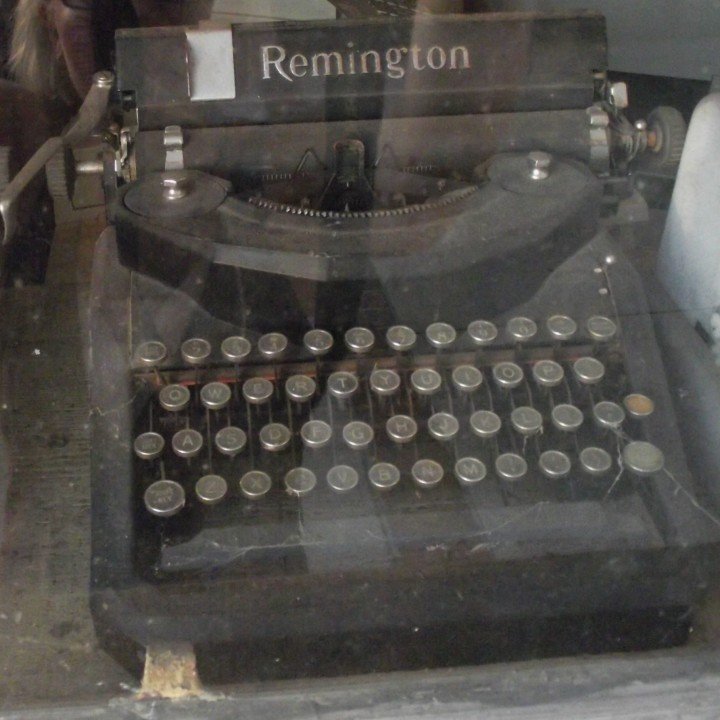
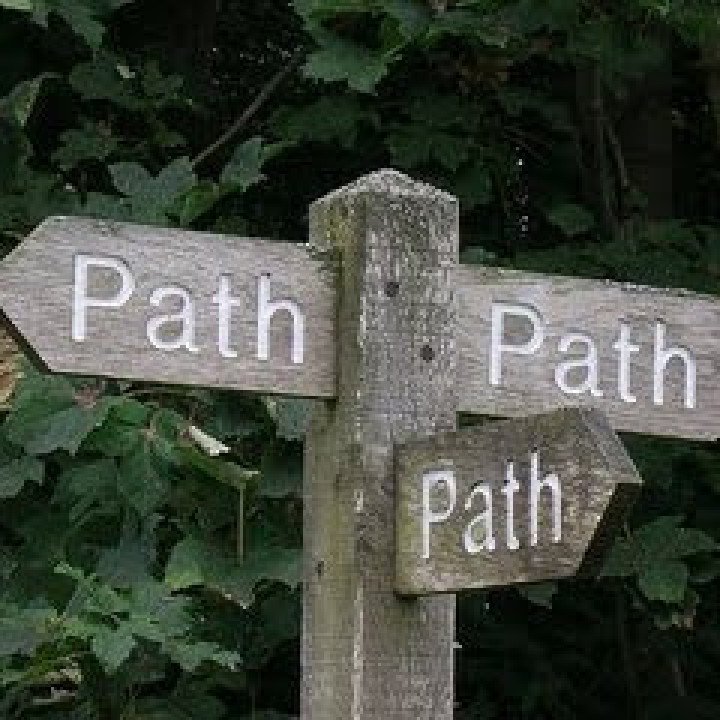
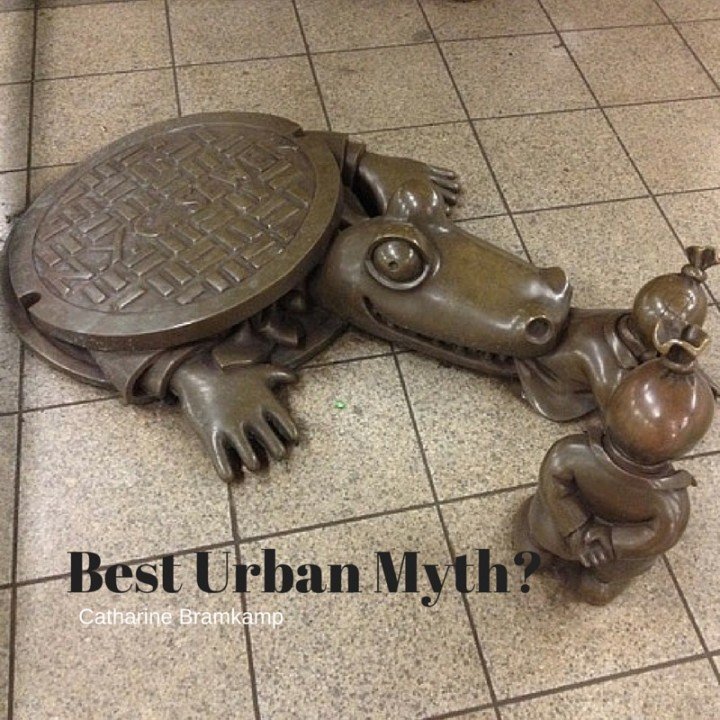



Recent Comments